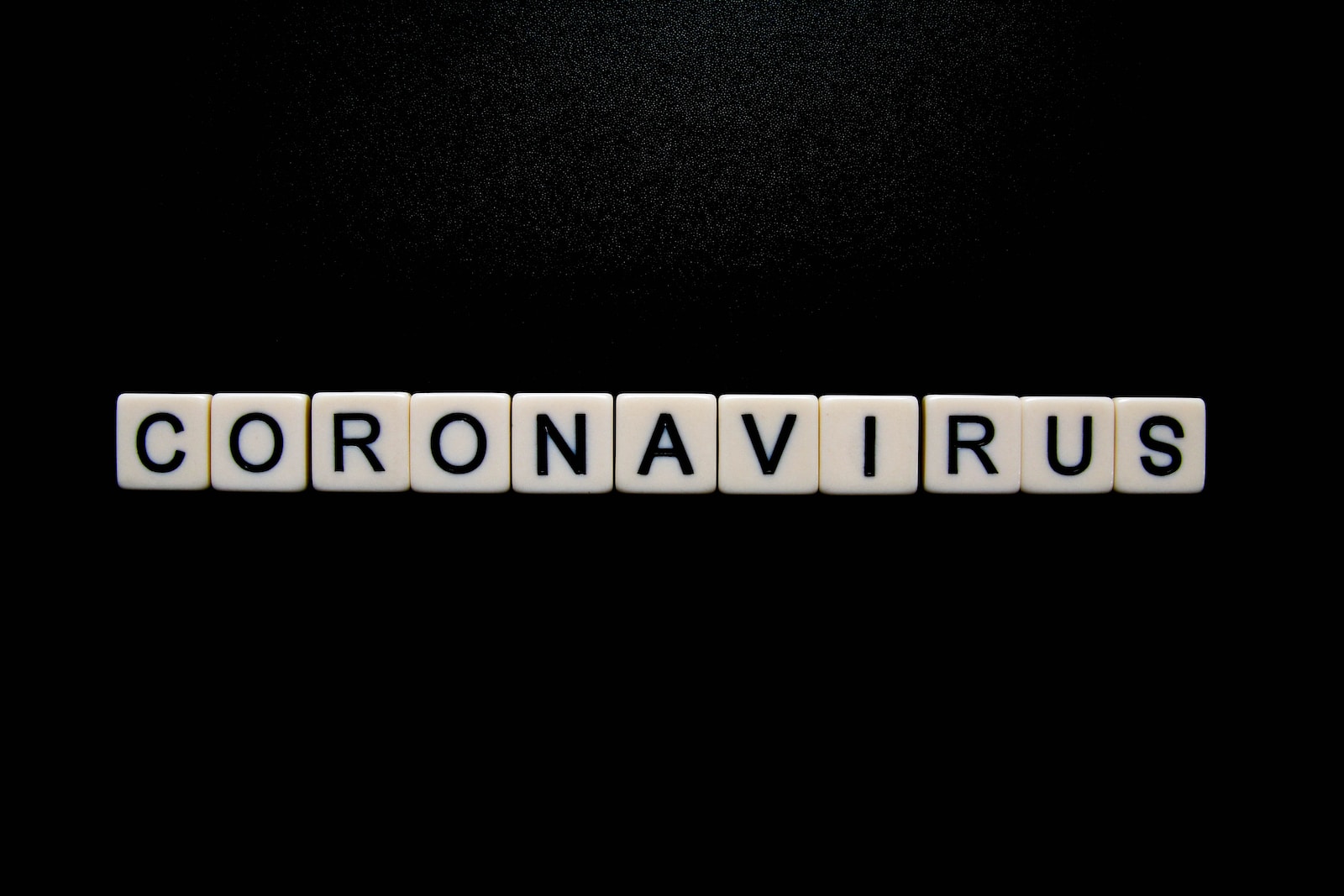Scams are indeed a growing concern on social media platforms. The FTC’s Consumer Sentinel Network reports that one in four people who lost money to fraud in 2021 started their interaction with scammers on social media. The reported losses from January 2021 to June 2023 from these scams totaled $2.7 billion, indicating the scale of this issue [1].
 Figure 1: Reported fraud losses by contact method [1]
Figure 1: Reported fraud losses by contact method [1]Amongst the various platforms where scams take place, WhatsApp has emerged as a particular concern, especially when it comes to older adults who are not tech-savvy and tend to rely on the app for communication.
 Figure 2: An example of a WhatsApp scam. Scammer pretending to be a son of the person being targeted
Figure 2: An example of a WhatsApp scam. Scammer pretending to be a son of the person being targetedCommon WhatsApp scams
From impersonation to fake job offers, WhatsApp scams can take various forms. Below are some of the most common WhatsApp scams you should be aware of [2] [3]:
- Impersonation Scams: Scammers take advantage of your emotions for family and friends by impersonating them on WhatsApp using a fake number. They might claim to be in an emergency or ask for money, playing on your emotions to deceive you.
- Wrong Number Scam: Scammers might reach out to you via a call or text from a random number, pretending they contacted you by mistake. After establishing contact, they use social engineering techniques to manipulate you into giving away personal information or money.
- Free Gifts and Giveaways Scam: Scammers often pose as representatives of legitimate companies (from telecom, banking, education, and shopping sectors, especially well-known ones), claiming you’ve won a prize or gift. They send phishing links or QR codes leading to fraudulent pages, aiming to steal your personal information or money.
- WhatsApp Tech Support Scams: Fraudsters may pose as WhatsApp Tech Support, informing you of a supposed problem or breach in your account. They’ll ask you to verify your identity, intending to steal your personal information.
- Cryptocurrency Scam: After establishing a friendship or romantic relationship, scammers will try to convince you to invest in cryptocurrency, promising significant profits. Once you invest, they disappear with your money.
- Fake Job Offers Scam: Scammers might pose as representatives of prestigious companies, offering lucrative job opportunities or tasks with attractive pay. They often ask for an advance fee, only to steal your information and money.
How to spot WhatsApp scams
Though WhatsApp scams come in many forms, they often have similar patterns. Here are the most common signs to look out for [4]:
Unfamiliar Numbers: Be cautious with messages from unknown numbers, especially if they seem suspicious.
Urgent Requests for Money: If someone asks for money urgently, verify their identity before sending anything. If you can do it outside of WhatsApp, for example by calling/texting that person or someone close to them, that would be the best to verify the legitimacy. If the message threatens you of encrypting all your files on the phone or sending all your phone pictures to others, unless you pay them, do not panic.
Spelling and Grammar Mistakes: Scammers often don’t bother with proper grammar or spelling, so be wary of poorly written messages. But this may not be relevant because we may not expect perfect grammar in WhatsApp messages. Also, scammer may be using an AI service to generate perfect language without any mistakes.
Generic Greetings: Messages like “Hi Mom,” “Hi Dad,” “Hi Son”, and “Hello sir” from unknown numbers should be double-checked with the person directly.
Suspicious Links or Attachments: Avoid clicking on links or downloading files from unfamiliar contacts.
Too-Good-To-Be-True Offers: If an offer seems ridiculously good, it’s likely a scam.
Vague Messages: If the sender is unclear or vague, especially when pushing you to take action, refuse to share any information with them.
Verification Code Requests: Never share verification codes sent to you, especially if requested by someone claiming to be a friend or family member.
How to protect yourself from WhatsApp scams
By being vigilant and taking proactive measures, you can safeguard your personal and financial information. Here are some key steps to help you stay safe [5]:
Think Before You Act: Be cautious of messages from unknown numbers, especially if they’re urging you to act quickly, making threats (of encrypting your files or sending your pictures to others), or requesting money, passwords, or personal information.
Cut-Off Communication: If you’re unsure about the person’s identity, stop replying immediately. Don’t share any personal or financial details until you’re certain.
Block and Report the Scammer: Use WhatsApp’s features to block the contact, stopping further messages. After blocking, report the user to WhatsApp to help protect others.
Strengthen Your Privacy and Security: Regularly update your privacy settings to control who can view your personal information. Enable two-step verification for extra protection against unauthorized access to your account.
Protect your business’s digital presence.
Scammers have expanded their tactics beyond email to target social media platforms like WhatsApp, using direct messages and creating fake accounts for businesses, banks, schools, and more.
At Eydle, we focus on protecting businesses from online scammers aiming to ruin their reputation and trust. Our advanced research-based technology identifies fake posts, logos, accounts, comments, and profiles, keeping you secure from fraud. Created by cybersecurity and AI experts from MIT, Stanford, and Carnegie Mellon, Eydle provides robust protection against these online threats.
Learn more about our solutions by visiting www.eydle.com or contacting us at [email protected].
Sources:
- https://www.ftc.gov/news-events/data-visualizations/data-spotlight/2023/10/social-media-golden-goose-scammers
- https://us.norton.com/blog/online-scams/whatsapp-scams
- https://www.bitdefender.com/blog/hotforsecurity/whatsapp-scams/
- https://nordvpn.com/blog/whatsapp-scams
- https://faq.whatsapp.com/573786218075805




